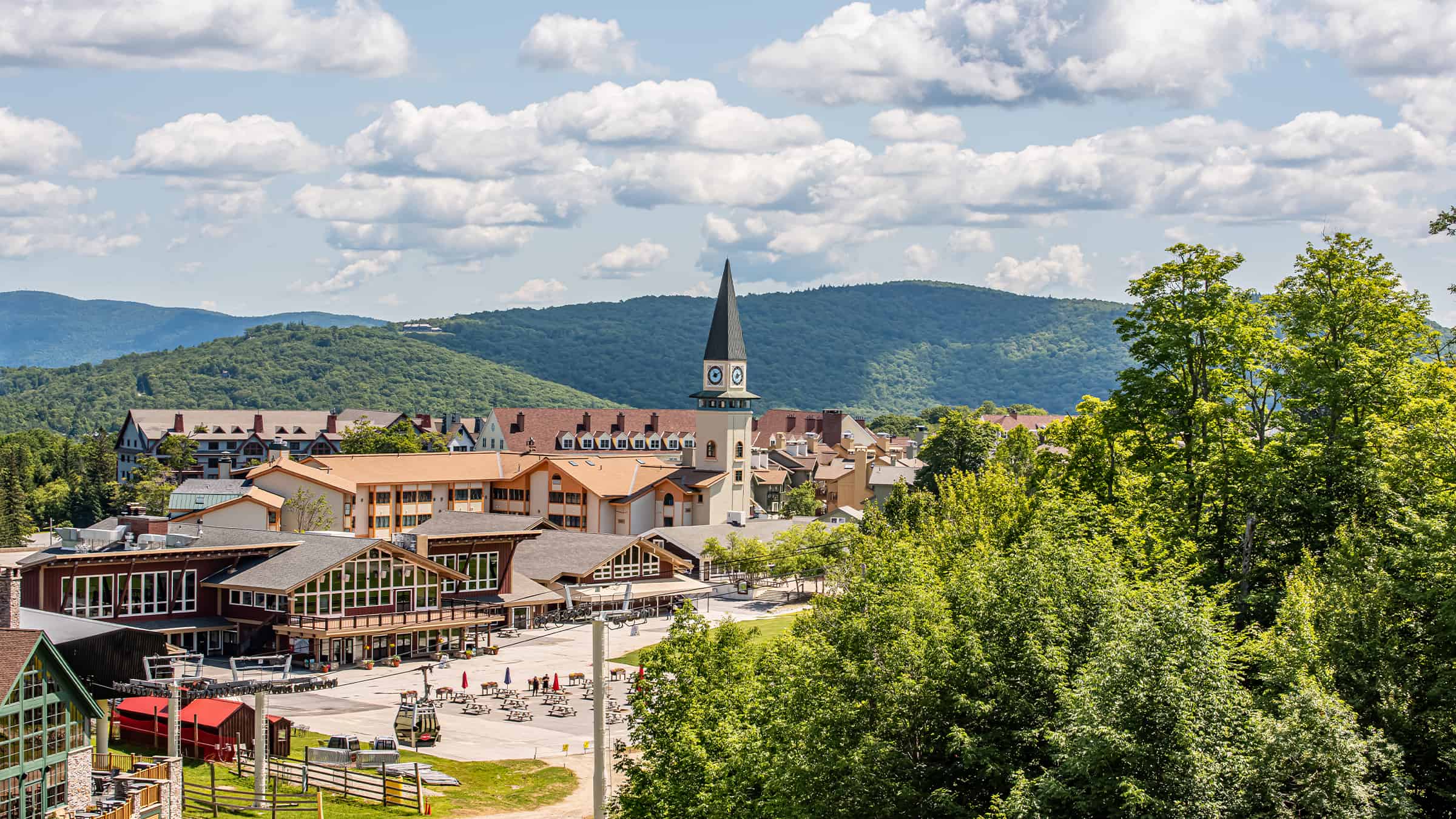 Vermont has a strong farming tradition that continues today. The majority of Vermont’s farms are family-owned and operated, many of which have been passed down through generations. Dairy is the top agricultural product in Vermont, but chickens, eggs, meat and hay are also significant. Vermonters have a huge respect for the land… after all, it’s the land that has supported their families since before Vermont was a state.
Vermont has a strong farming tradition that continues today. The majority of Vermont’s farms are family-owned and operated, many of which have been passed down through generations. Dairy is the top agricultural product in Vermont, but chickens, eggs, meat and hay are also significant. Vermonters have a huge respect for the land… after all, it’s the land that has supported their families since before Vermont was a state.

 At the same time, a movement among chefs was taking hold to use only the freshest, natural ingredients in their cooking. The Vermont Fresh Network (VFN) was established as a non-profit in 1996 to help farmers and chefs build relationships beneficial to each. Their website claims, “The Vermont Fresh Network is dedicated to a flourishing local food system for the benefit of our environment, our communities, our health, and overall strength of the rural economy.” Through events, education programs, newsletters, and associated website, DigInVT.com (for agricultural and culinary tourism), VFN continues to expand their network to the benefit of chefs, farmers, food artisans, and diners throughout the state. These relationships have helped Vermont restaurants and chefs wholeheartedly adopt the locavore movement by purchasing directly from local farmers, cheese makers, wineries, breweries, and so on.
At the same time, a movement among chefs was taking hold to use only the freshest, natural ingredients in their cooking. The Vermont Fresh Network (VFN) was established as a non-profit in 1996 to help farmers and chefs build relationships beneficial to each. Their website claims, “The Vermont Fresh Network is dedicated to a flourishing local food system for the benefit of our environment, our communities, our health, and overall strength of the rural economy.” Through events, education programs, newsletters, and associated website, DigInVT.com (for agricultural and culinary tourism), VFN continues to expand their network to the benefit of chefs, farmers, food artisans, and diners throughout the state. These relationships have helped Vermont restaurants and chefs wholeheartedly adopt the locavore movement by purchasing directly from local farmers, cheese makers, wineries, breweries, and so on.

For more information on Vermont including suggestions on where to stay and where to eat, consult Vermont.com.
For more information:

